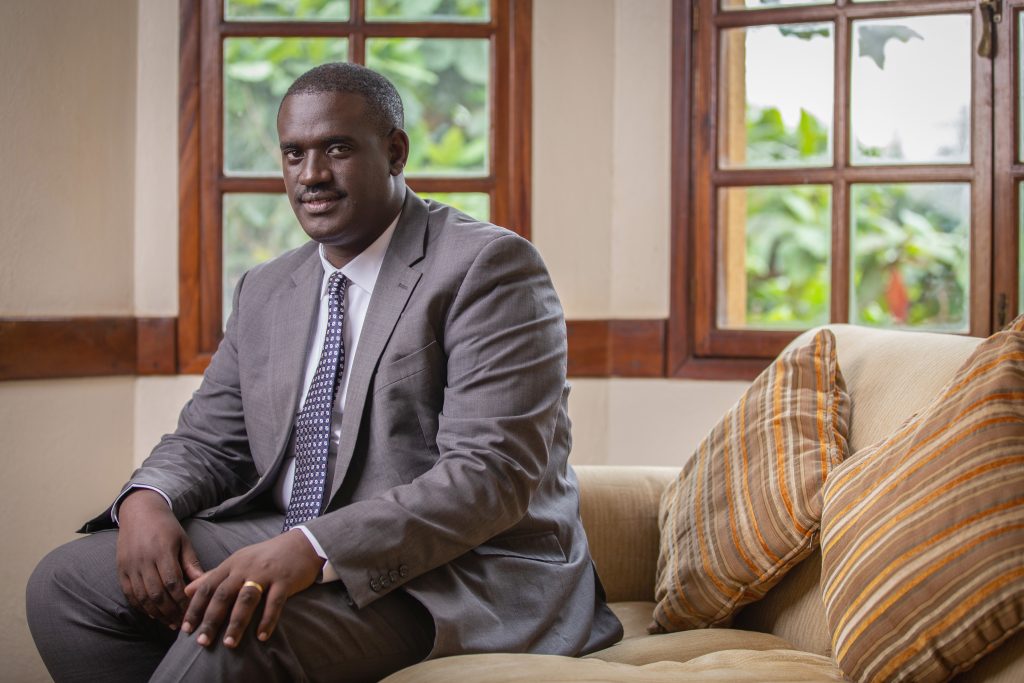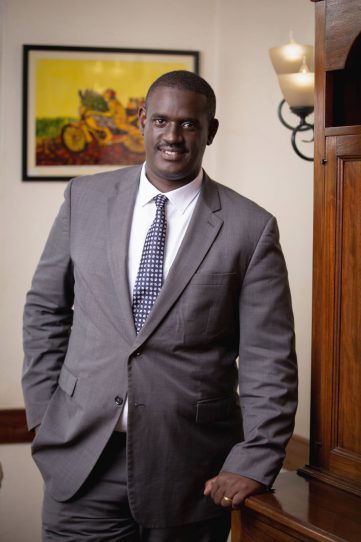Africa has 117% more sunshine than Germany, the global leader in solar energy, and the continent has shown great progress in the development of its solar energy markets. over the recent years. In all of these markets, it has been proven that sustainable energy alternatives are only fruitful through the provision of financing, technology, and capacity building aimed at sustainable exploitation of our energy resources including fossil fuels while striving to minimize emissions.
In a May 2022 article, President Museveni made a powerful case for the EACOP pipeline and the development of Uganda’s oil in the Lake Albert Basin. In addition, during the 2022 State of the Nation Address, the President advocated for the value addition of several commodities including the construction of a refinery for our crude oil. It came as no surprise when. earlier this week, a collection of Ugandan Civil Society Organizations led by AFIEGO (African Institute for Energy Governance) wrote an open letter responding to the article. This rejoinder from AFIEGO spells out in excellent detail, the energy poverty in Uganda and its challenges. For example, it states that “the Ugandan population still relies on crude biomass to meet its cooking energy needs; 73% rely on firewood and 21% on charcoal.” The core argument is that we need to prioritize our energy needs and develop renewable energy sources while abandoning oil. While I agree that we need to develop solar projects, I disagree with the argument that we should abandon fossil fuels haphazardly. We cannot rule out the sustainable exploitation of Africa’s oil and gas resources.
Another idea from AFIEGO is that instead of producing oil, Uganda can produce 5000 MW (Megawatts) of solar power. For a number of reasons, this is not sustainable. The production of solar energy on such a massive scale would require hundreds of thousands or even millions of solar panels. If producing 1 Megawatt of solar energy requires between four to seven acres of land, therefore, 5000MW would require approximately 35,000 acres of land. If activists are worried about the number of people EACOP will allegedly displace, how many people would such an extensive solar project have to displace permanently?
AFIEGO proposed that Uganda should divert $15bn meant for oil projects to renewable energy. We must ask where this $15bn will come from. It will not be from the government so, it is possible that they are suggesting we demand it from the private sector players Total Energies and CNOOC. Over the last decade, both of these companies have invested substantial sums of their money to find and extract oil in Uganda. This investment continues and should not be discouraged. We must maximize the presence of these companies in Uganda, their resources, and experience, to help develop EACOP and commercialize our oil. The companies have employed and trained several Ugandans and have added value to a significant number of Ugandan businesses. The people affected by this project will be compensated and resettled. Not to mention the sizable infrastructure and investment in the oil-rich areas.
It goes without saying that we must ensure that we develop a refinery in Uganda. The lack of refining capacity in Africa was the subject of a recent study. It found that Africa produces over 4 million barrels of oil per day but has a refining capacity of just over a million barrels a day and of
which only 30% of that capacity was used last year. This means the whole continent imports all of its fuel at astronomical prices. Africa is a continent that has an estimated capacity of 125 billion barrels of oil and 600 billion cubic feet of natural gas. To not utilize these resources, not sell the oil, not export this wealth in pipelines and get much-needed money in our treasuries, and not build refineries on this continent would be extremely reckless.
The parable of the talents in Matthew 25: 14-30 comes to mind. In that story, three men were given talents to use. Two used them, multiplied them, and were blessed. One did not use his talent but conserved it and gave it back to the master as he had received it. The master, angry that the man had failed to utilize the available resources told the man who had conserved what he was given that that man will be thrown into a place “where there is weeping and gnashing of teeth”. We have lived far too long in that place already; we cannot afford to keep our resources buried in the ground any longer.



